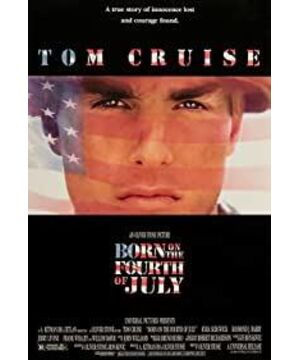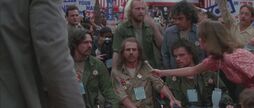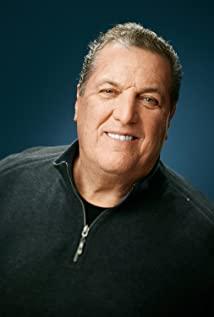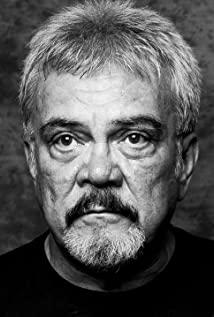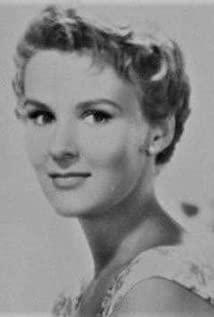As the protagonist who participated in the Vietnam War, he was not an anti-war righteous from beginning to end. He believed in a "Great Americanism" worldview since he was a child. He trusted the government's decision-making from the bottom of his heart. Emotions, even after he was discharged from the Vietnam War, he still unswervingly regarded himself as a national hero. If he was placed in the Nazi camp of World War II, we would definitely call him a fascist~
Due to the increase in life experience, anti-war awareness gradually became his mainstream. Thought, but this is by no means done in one go, but also the result of love over time.
Friends who like to watch American war films may find that most Yankee directors will first bypass the political right and wrong, and start from the characters' thoughts and behaviors. "Thinking to reflect the cruelty of war and the destruction of human nature, does this kind of shooting method conform to historical facts? Is it the wishful thinking of many advocates of freelance screenwriters and directors?
I think there is absolutely no problem with the shooting method. Although the soldiers on the battlefield are fighting with ideology to a large extent, it does not mean that they have no humanity at all. A friend said it very well: Humanity is always cheap. , only when it is in danger, or loses something precious, will it feel that its original thing is beautiful. However, in some war movies in Hollywood or Europe and even South Korea, war weariness and criticism of high-level officials are the eternal themes throughout the movie, which makes the movie seem to lack historical basis, as if all government strategies are selfish, hypocritical, and anti-human. Yes, that fashion "humanity" is the most valuable and most glorious.
The most typical example of this type of film is our epic war blockbuster "Nanjing! Nanjing! ", the common feature is that it is too sensational, and it seems to always lead the audience in a biased direction, rather than triggering people's independent thinking about that period of history, and finally it is called an anti-war film. I just want to say that reflection does not It's not just anti-war, and anti-war is not simply criticizing politics. The basis for making such a film is to treat historical events calmly and calmly.
"July 4th" reflects the American view of war very well, so we see that values and love for the homeland have always been the ideological basis for soldiers to participate in the war, and private interests seem to be in front of these "big truths" It has been ranked second (as are many European countries), and the American hometown concept is particularly important. This stems from the concept that the state is greater than the country when it was founded. The culture and beliefs over the years have made this federal country only experienced a civil war. "Gods and Generals" can also see that General Li is more loyal to his hometown than the country. Will we Chinese do the same? Personally, I think many Chinese people can't fully fight to the end to defend their hometown now! This is not so much a fear of death, but a difference between Chinese and Western cultures. Most of the Chinese people do not have the same firm beliefs as the Yankees, which determines that the people of our country often give priority to their immediate interests, but cannot treat them from a spiritual level. , especially for such "national affairs" whose interests are not directly at stake, it is even more "not a matter of our own".
Therefore, the Japanese puppets in China almost doubled the Japanese army, and the "mutism & uprising" in the civil war is even more commonplace, and General Shi Lang, who changed jobs to hone our lives, has also become a famous hero. During the most splendid historical period of our country in the Three Kingdoms period, there were countless heroes. Let us count while cooking wine: Cao Cao made Yuan Shao, who was a good old friend and an old boss, to become prosperous, not to mention Liu Bei, Sun Ce relying on Yuan Shu's forces turned his face and refused to recognize him after he made his fortune. Sun Quan claimed to Cao Pi for a while and then established himself as the monarch. The famous Zhuge Liang and Guan Erye, who was "in Cao Ying and in Han", both supported the big Han first and then the Shu Han...
But everything is There are exceptions. In the era of a certain chairman, the Chinese people had a common belief that was rare in history, and even believed that they supported Hitler more than the Nazis. The chairman even said a dream to criticize the Red W soldiers who acted in advance to make a revolution and patriotism. I think it would be a good thing if this belief is only regarded as a kind of non-political spiritual sustenance to this day.
View more about Born on the Fourth of July reviews


